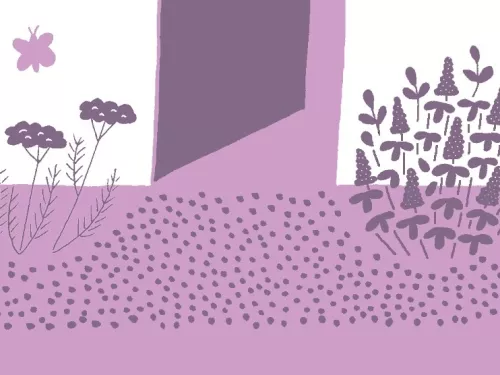
Climate friendly gardening
There are plenty of ways you can take action against climate change in your own backyard or local greenspace.
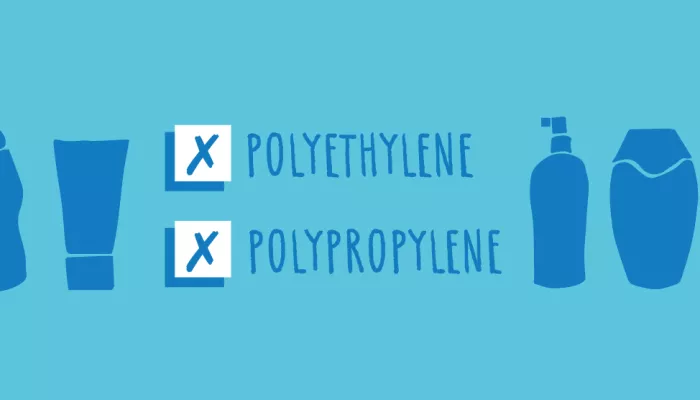
Some cosmetics, soaps, washing-up liquids and cleaning products can be harmful to wildlife with long-lasting effects.
Watching how you wash and clean is an easy way to help out wildlife. Some of our favourite washing-up liquids and cleaning products can be harmful to wildlife with long-lasting effects. We wash many of these chemicals down our drains when we wash up or clean our kitchens and bathrooms, flushing them into rivers and seas.
Only rainwater should go down road drains and nothing else, this is because road drains quite often connect straight into our local rivers and streams. If you have liquid waste that can’t go through the drain to dispose of (paint, cooking/car oil) then it should be taken to a community refuse site or a request sent through local authority refuse collection if that service is offered.
Also, simply switching one washing-up liquid or cleaning spray for another can make a huge difference for wildlife in our waterways and oceans. Checking which brands are looking out for wildlife – and those which aren’t – is simple. Just look on the back of the bottle and see how their chemicals affect wildlife and the environment. Brands like Ecover, Method, Bio-D and some supermarket own-brands have good products made from natural and environmentally-friendly ingredients.
These alternatives are usually made in a more sustainable way and often use more sustainable packaging. What’s more, the environmentally-friendly option is usually better for you! They’re less harsh on skin and conventional cleaning products can contribute to bad air quality in your home.
Changing the way you wash your clothes is an easy way to help out wildlife around the world. Hot washes use a lot of energy, so have a high carbon footprint, while some detergents are harmful to wildlife and take a long time to break down.
By washing at 30 degrees, you can help wildlife by reducing your carbon emissions, helping to keep the air cleaner and taking a simple step in the fight against climate change. Using eco-friendly detergents is also a great way to watch what you’re putting into rivers and seas, keeping water clean for wildlife.
Check the label when you buy: most detergents are clear about whether or not they’re biodegradable and good for the environment. Brands like ecover, method, and some supermarket own brands are usually good places to start.
In early 2018, a ban on the manufacture of products containing microbeads (tiny particles of plastic less than 1mm wide) was put in place. In June 2018, a further ban on the sale of rinse-off products containing plastic microbeads came into force in the UK. This ban includes products like toothpaste and scrubs.
The problem is, plastic microbeads are still allowed in many other products, including cleaning products, sunscreen, paints and lipstick, so it's still important to be on the lookout. It is estimated that 210,000 tonnes of plastic from paint on roads and buildings end up in the ocean every year, meaning the ban is only affecting a very small portion of the problem!
Check product ingredients for microbeads, especially items that claim to polish, add extra shine, or shimmer. Because they are made from various plastics, they come under many different names, making them hard to spot. Here are some of the most commonly used plastics to look out for:
Even though the ban has taken effect in the UK for rinse-off cosmetics, you may still have some products lurking in your bathroom at home. If you do come across any, don't wash them down the sink! Using a coffee filter, you can try straining the product by pressing it through a coffee filter to capture the beads. You can dispose of the beads in your refuse bin, and use the remainder of the strained product plastic-free!
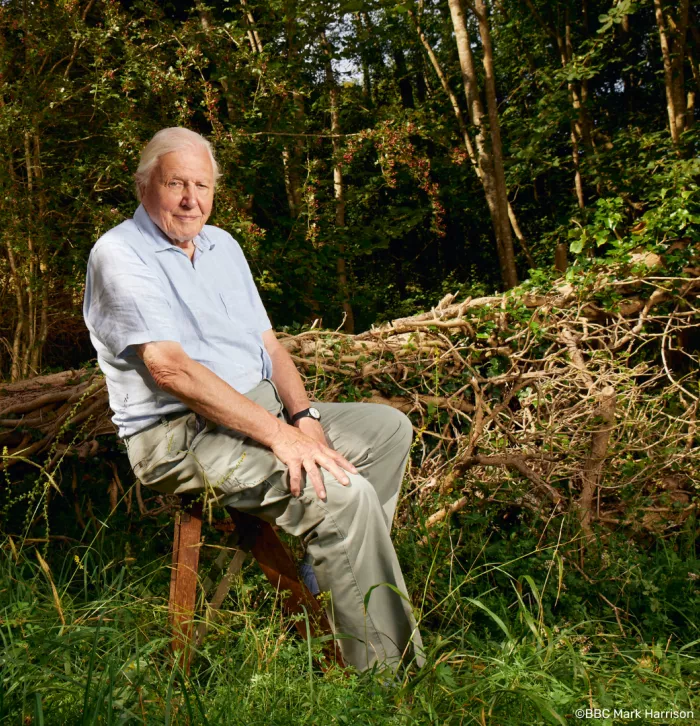

There are plenty of ways you can take action against climate change in your own backyard or local greenspace.
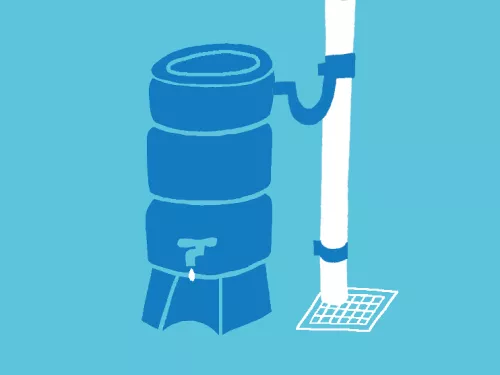
Water butts lower the risks of local flooding and will reduce water bills by conserving the water you already have. They're great for watering the garden, refilling the pond - or even washing the car!
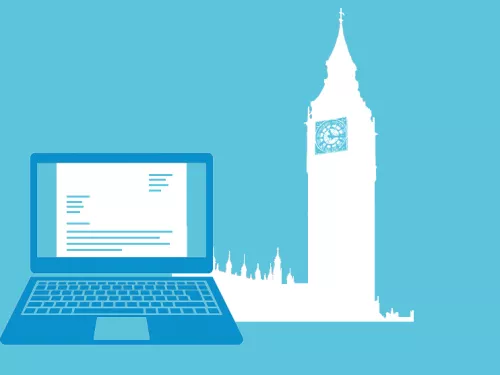
By writing to your MP or meeting them in person, you can help them to understand more about a local nature issue you care passionately about.